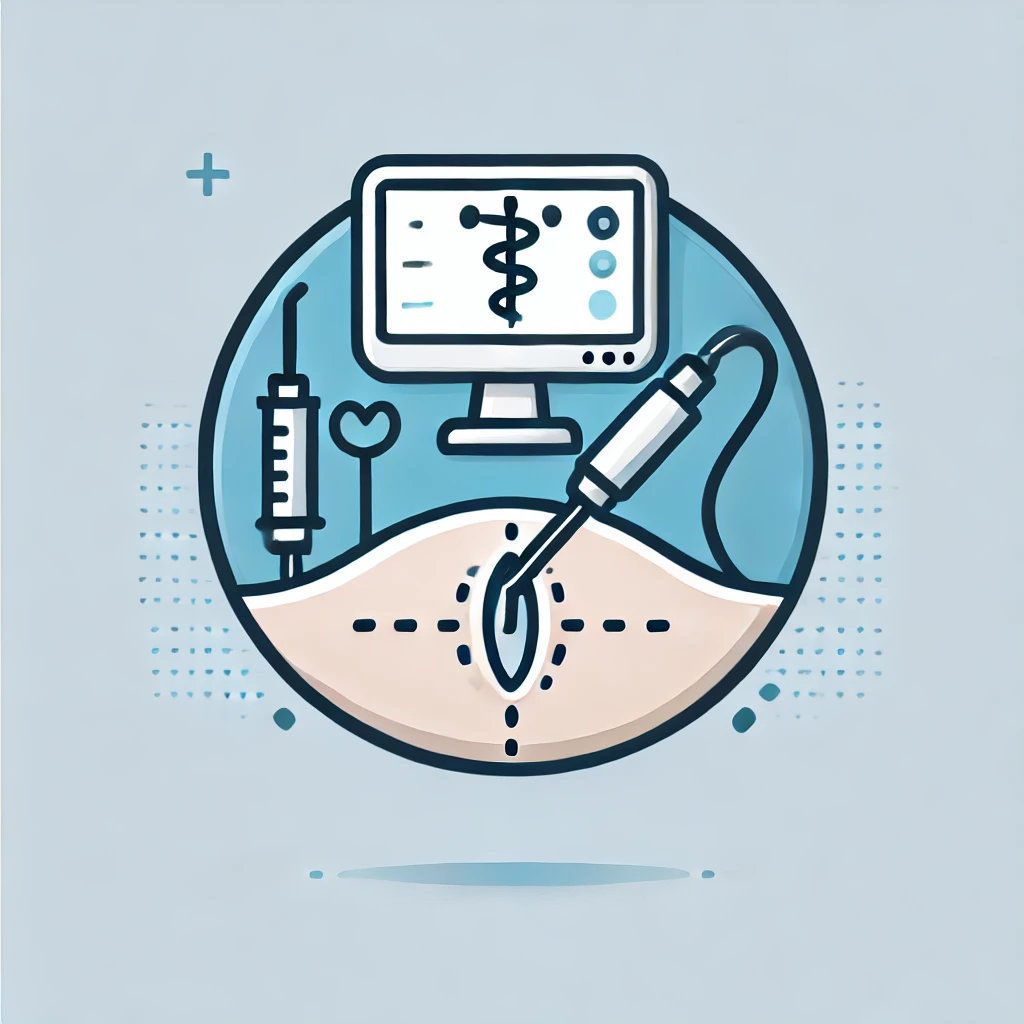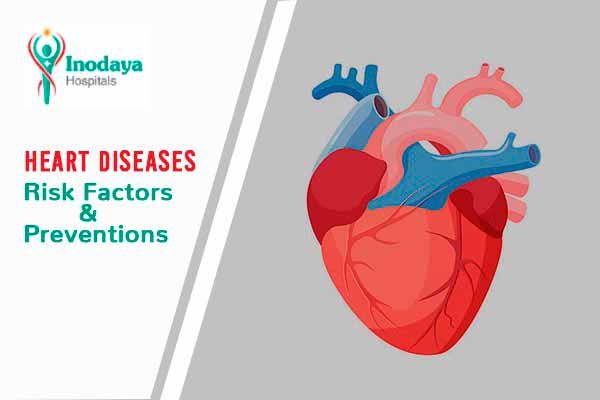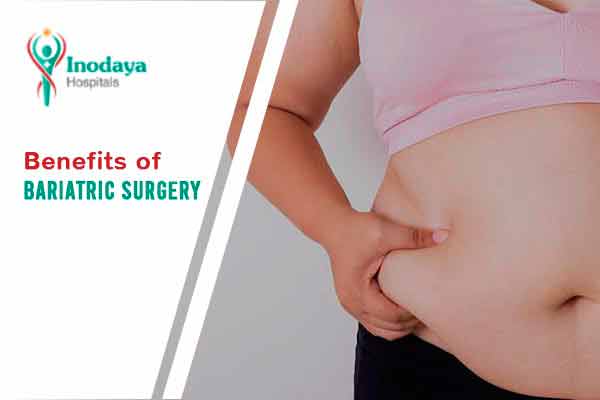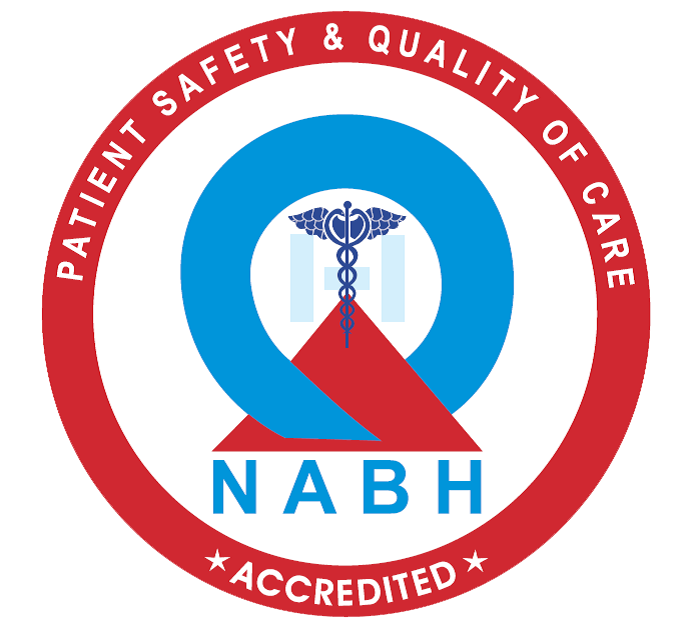According to the World Health Organization (WHO), Heart attack or Heart disease is the leading cause of death. Heart disease or cardiovascular disease generally refers to a condition that involves blocked blood vessels which can lead to a heart attack or stroke. Other heart conditions that affect the heart’s muscle and valves are also considered a form of heart disease.
Many people worry about experiencing a heart attack or a stroke in their lifetime. But depends on the risk factors many forms of heart attacks and strokes are treatable and preventable.
Risk Factors of Heart Disease
There are many risk factors for heart disease in which [some] you can control some, others you can’t.
Here are some Uncontrollable risk factors.
- Age: The older you get, the higher your risk of heart disease. Men at age 45 and women at 55 and older are at greater risk.
- Gender: Men are at greater risk of heart disease than women do. And men have strokes earlier in life. Women’s risk of heart disease is lesser than that of man even after women reach the menopause stage.
- Family history: You are at greater risk of heart disease if you have a close family member who had heart disease at an early age.
Tips to prevent Heart Diseases
Fortunately, there are certain lifestyle changes you can do to reduce your risk of heart disease:
-
- A healthy dietA well balanced is crucial to a healthy heart and circulatory system. Limit the intake of saturated fats, foods high in sodium and added sugars. Eat plenty of fresh fruits and vegetables, whole grains, fish and pulses with restricted salt.
- Get regular physical activityEveryday physical exercise has many benefits including strengthening your heart and improving the circulation. It also helps in maintaining a healthy weight and lower cholesterol levels and blood pressure.
- Quit smokingTobacco in any form is harmful to your overall health. Cigarette smoking raises blood pressure and puts you at a greater risk of a heart attack. If you do smoke, quitting will definitely lower the risk of developing heart diseases.
- Maintain a healthy weightBeing overweight or obese can increase your risk of heart disease. It is because obesity is linked to high blood cholesterol, high blood pressure, and diabetes. According to cancer experts, the absence of abdominal obesity is associated with a lower risk of heart attack and stroke.
- Manage stressStress is directly linked to heart disease in many ways by raising your blood pressure. Extreme stress can always be a trigger for heart stroke. So, manage your stressful situations by doing exercise, listening to music, focusing on something peaceful and meditation.
- Limit alcoholConsuming too much alcohol can raise your blood pressure and adds extra calories which leads to excess weight. Both of the factors raise your risk of heart attack or stroke.
- Control blood pressureHigh blood pressure is a major risk factor for heart attack. It is vital to get checked your blood pressure regularly. This is because high blood pressure is one of the biggest causes of sudden stroke or heart attack. You may need medications and lifestyle changes to control high blood pressure.
Maybe the above steps do not completely eliminate the risk of heart diseases, but they can improve overall health and reduce the chances of complications. However, Heart disease is easier to treat if detected early, so talk to a heart disease specialist about your concerns regarding your heart health.
If you think you may have heart disease based on your assumption, make an appointment to see our best cardiologist in Kakinada.





















































